|
Despite the pandemic, it is our project team’s persistence to achieve activities in line with promoting climate change education and create long-term programs in line with our organization. ClimatEducate Project was launched in 2016 as a brainchild of youth advocates from the Philippines and Nepal who were trained during the highlighted Climate Reality Leadership Corps training in March 2020 in Manila, Philippines. Over time, the project team has developed into a collective community of youth leaders, artists, designers, young professionals, and researchers who have the same passion and work for the climate movement. Taking the first steps In December 2019, the project team was able to get grants from the Climate Reality Project Australia and the Lord Mayor’s Charitable Foundation. The project was aimed to improve our school & community outreach activities (we call NOIs or Non-Online Initiatives), develop a climate change action learning platform, and a program for teachers/educators in schools that previously hosted our activities. Before implementing the project, ClimatEducate has its own ‘Instructional Framework” which serves as the backbone of how our activities should be done. This led to classification of our activities into the following:
With the start of the project, our project members from Kenya and Nigeria have submitted and initiated activities in the first quarter of the year. The activities focused on school and community outreach. Figure 1: One of our school and community (NOI) activities in Nigeria in February 2020, a month before the onset of pandemic lockdowns. Going through alternatives With the onset of the pandemic and national lockdowns in most parts of the world, our previously planned physical activities have been wholly affected and the project team has sought ways on how to continue the activities under Climate Education Nexus. This led to the re-planning of our activities and project which led to our 9 virtual workshops and webinars held as alternatives to our school and community outreach activities. “One of the best things about launching initiatives online is that we can include participants of all ages, groups, and different sectors of society. This has been an edge as it facilitates everyone to stay home and take part in webinars or online initiatives.“ said Yushika Subedi, the project’s regional coordinator for South Asia. “A lot of participants can take part at once. Time management of the programs which should happen in different locations of the world at once can be easily synchronized.” The launching of our ‘ClimatEducate Educator’s Network” was also initiated to align our goals with sustaining our activities and networking with schools and communities that have previously engaged with our project team. The network also aims to improve the capacity of the project’s “host schools” and start mentorship of our “young ambassadors” in the future. Also, project members involved in the development of ICCALP have continued their crucial work on content writing, research, and construction. “Another important thing that I learned is regular communication. You see, ICCALP is an online platform and our ClimatEducate members and volunteers are scattered all around the globe. That meant, all of us were in different time zones. So, we had to figure out a way to remain in constant communication with one another and make time to update about our work with the groups and ICCALP as a whole. So, we make sure that we update ICCALP working groups and sub-divided groups regularly, which means once a week through ZOOM meetings.” said Rubina Karki, the project’s Co-Coordinator for ICCALP Development. Figure 2: Our webinar in Brazil regarding youth and children in climate activism done with support from Climate Reality Brazil. Most of our project activities have been largely modified and adjusted virtually in light of the pandemic. The project team continued to closely coordinate and communicate with its members and participants during implementation of its activities. To the “new normal” As lockdowns were eased in most parts of the world, the project team has allowed and closely monitored physical activities and oriented project members on the need to observe the local public health measures to ensure the safety of both the volunteer facilitators and participants. Our activities have been continued with highlights in Ethiopia, the Philippines, Zimbabwe, Nigeria, and Palestine - our first activity initiated in that region. In one example, an activity held in Ethiopia focused on teaching university and high school students the importance of forests as a climate mitigation tool. “The activities (NOI) made it possible for me to impart important knowledge and skills to our participants who are mostly students and young leaders. Our activities focused on the science of trees and how tree-planting activities are relevant to mitigate climate change.” said Dr. Alemayehu Kefalew, a university lecturer and researcher who led the project activities in Ethiopia. Figure 3: The tree-planting and learning approach facilitated by our member, Dr. Alemayehu Kefalew in Ethiopia, was a model activity for the project. The project also focused on cultivating partnerships and collaboration with local institutions and organizations. One example was the rehabilitation of a school seedling nursery in a rural high school in the Philippines. “The project enabled us to realize the need for environmental education to cross the “four corners of the classroom”. Now that our schools are physically closed, our community has been brought together more closely due to this initiative. Here in the Philippines, as mandated by a national law, our students will be required to plan at least one tree before they graduate high school, so this initiative was very relevant and is necessary for the school. Action alongside with knowledge and support of the community were very essential in the accomplishment of our activity.” said Mr. Kenneth Barrientos, a local high school teacher who volunteered during the implementation of the activity. Figure 4: Mr. Kenneth Barrientos, a science teacher in a rural high school in Antique Province, Philippines facilitated our community-led rehabilitation of a school seedling nursery with the support of the Climate Education Nexus. Collaboration with teachers and community organizations was prioritized during the implementation of our physical activities. Summing up
The Climate Education Nexus has brought multiple opportunities and actions to several of the communities that we have previously served and engaged. After the accomplishment of our 19 initiatives, more than a thousand participants in 11 countries were involved. Our flagship output, ICCALP has accomplished content construction and development. It paved the way for our project to pursue its most primary goal, to work and advance climate change education both in the formal and non-formal education sector. Our Educator’s Network has engaged 47 educators from 17 countries and is continuing to widen as our programs expand and are improved. Despite of the challenges faced by the project, Nexus attained most of its goals in creating and initiating activities related to the climate change education sector and will serve as a starting point for future climate actions led by schools and communities that we have partnered with.
0 Comments
Leave a Reply. |
Archives
July 2024
Categories |
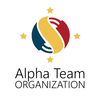

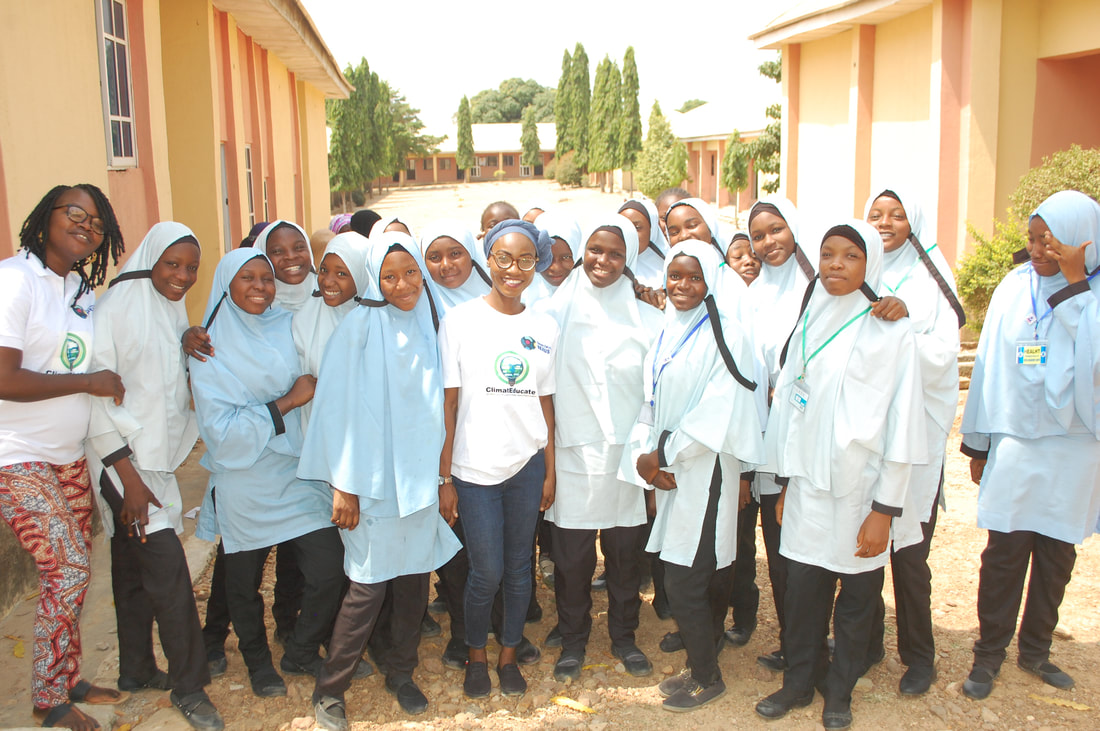
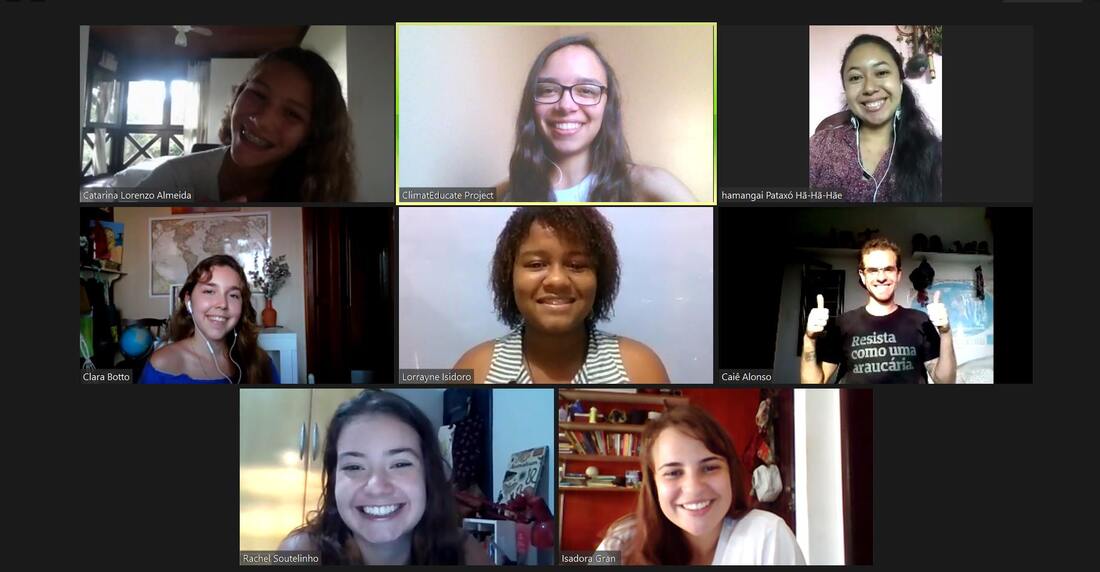
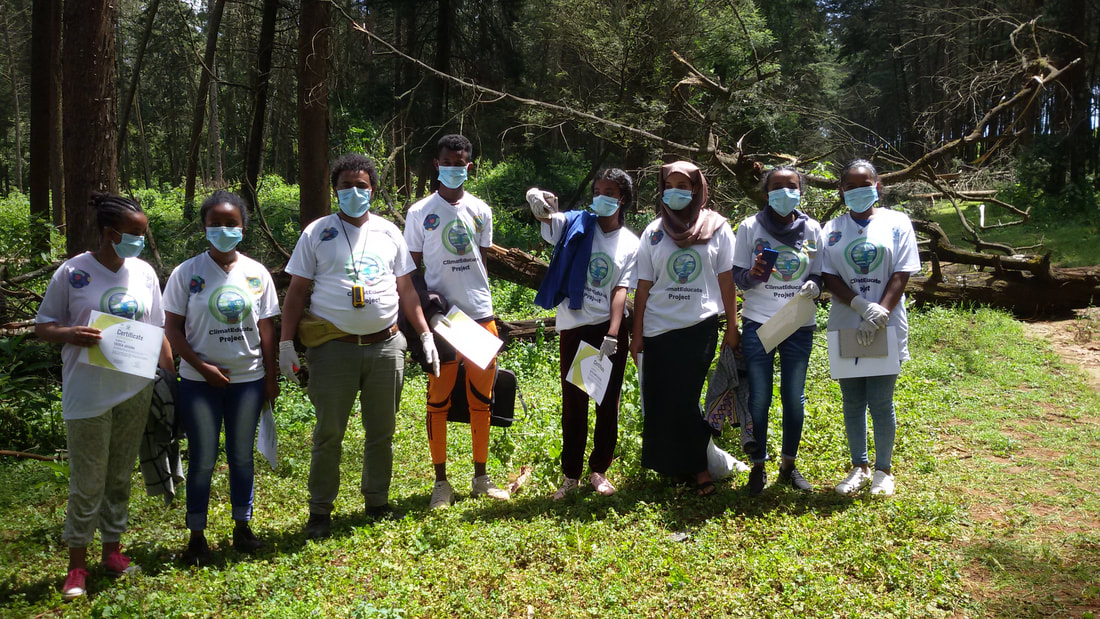
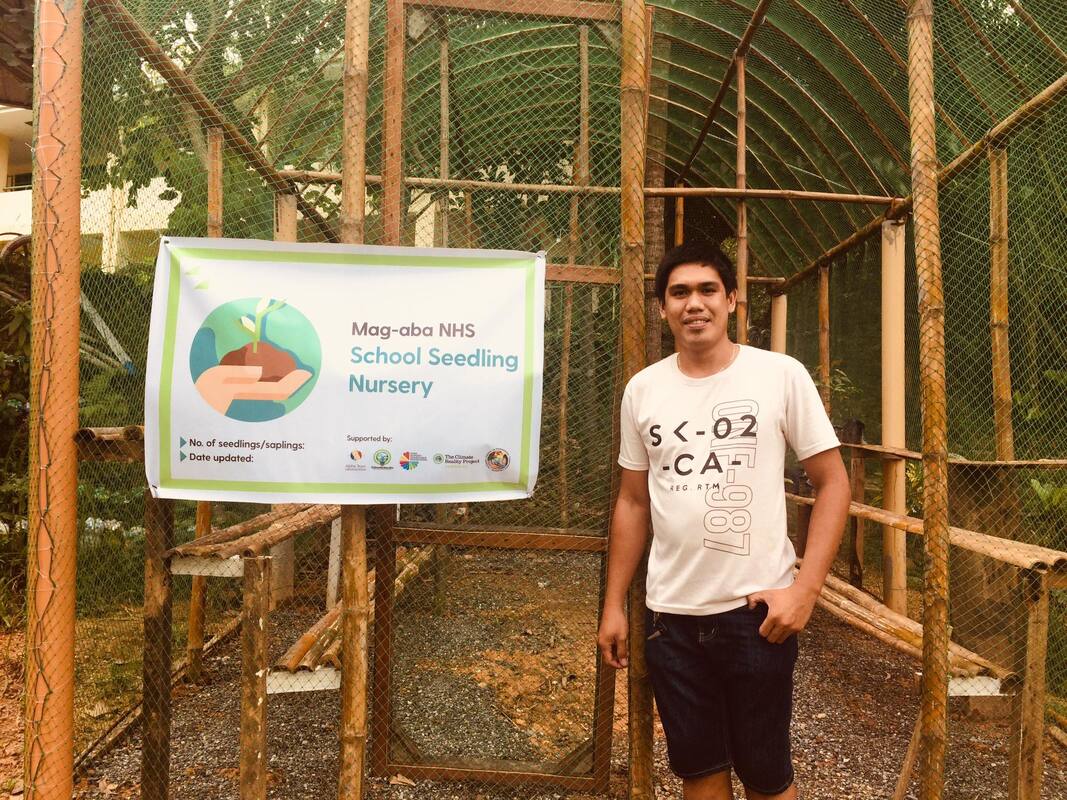
 RSS Feed
RSS Feed
